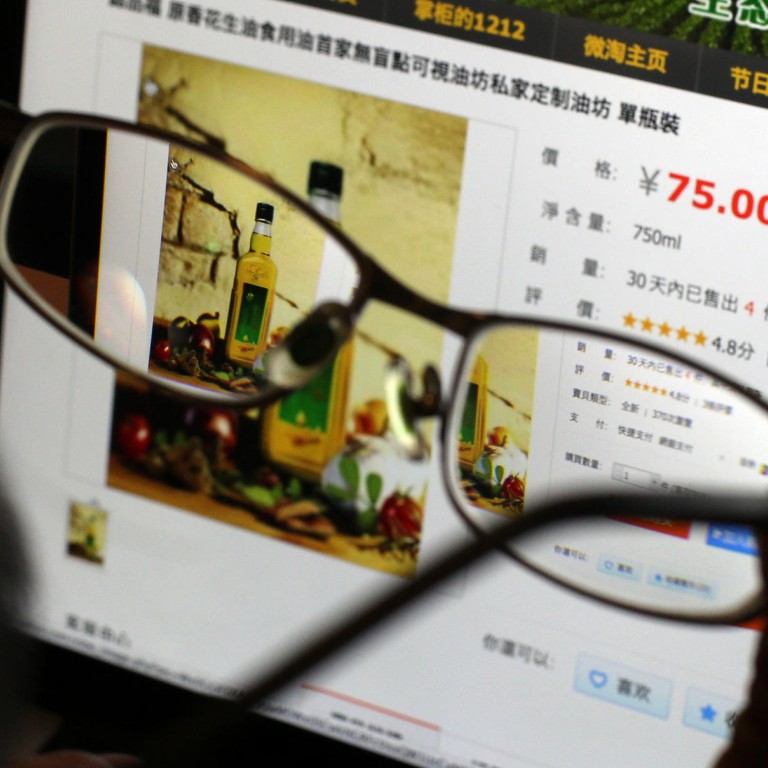
Food safety fears lead cooks to press cooking oil
Home-made produce proves popular with families after reports that some oil was recycled and sold back to consumers
Worries about food safety have led people on the mainland to turn to imported goods or to plant vegetables on their balconies to ensure the quality of their diet. Now some are even going as far as grinding their own cooking oil.

"I know all about peanuts and sell some of the best to Japan and Europe. I thought, 'why can't I make the best oil for my children's kindergarten'," Cui said.
He spent 1.2 million yuan (HK$1.5 million) on an oil grinder, opened a workshop, hired an elderly oil-grinding expert and visited about 30 similar manufacturers to learn about the process.
The first batch of oil was finally produced in December last year.
Cui publishes full details of the production process online so customers know the quality of his products is assured. He also has the oil tested by quality controllers to safeguard standards. Some bottles branded under the name Virtue Happiness are sold for as much as 75 yuan each online.
Not everybody is producing oil on an industrial scale, however. Oil pressers have also become popular kitchen electronic appliances at home with some companies saying they are selling nearly 1,000 a month.
Li Ke, chairman of Foshan TenGuard Smart Tech, an oil presser maker, said sales of its products have increased since they went on the market last year and a single store can sell 300 a day since a television programme ran a feature on their popularity in September.
Li said the product was a relatively new addition to the home appliance sector and was popular in cities such as Beijing, Shanghai and Guangzhou.
Most customers were over 35, had high family incomes, desired a good quality of life and had an interest in food safety and health, Li said.
Amy Bian, an accountant in Wuxi in Jiangsu province, spent more than 1,600 yuan on an oil presser and uses it to make peanut oil.
"I've been cooking with home-made peanut oil and it smells really nice," Bian said.
The production process was fun and most importantly it ensured the oil was safe, she said.
But Fan Zhihong, associate professor at the China Agricultural University's College of Food Science and Nutritional Engineering, said home-made cooking oil should only be considered when consumers were confident it was produced from safe, high-quality raw materials.
Oil and oilseed also needs to be stored carefully as the unrefined oil can become rancid quickly through exposure to oxygen, and the seed may be contaminated by mycotoxins, which can be toxic to humans at elevated amounts.
"Since the safe quality of the raw form like this is not supervised or tested, it is not allowed for sale as pre-packaged food and should be consumed as soon as possible," Fan said.
Home-made oil enthusiasts such as Bian are, however, confident about the safety and quality of their products.
"I choose the peanuts grown in the west of Liaoning province for their good quality," Bian said.
"I control the whole process and the flavour and nutrition is kept.''

